
As a nutritionist and the co-founder of the Holistic Cannabis Academy, I get asked a lot of unsolicited questions about food and cannabis. After all, we imbue all of our social interactions with food. As a society, we have become intrigued with food and everything that pertains to it including cooking and, of course, my favorite topic — nutrition.
Cannabis is a great conversation starter for so many reasons. For one, it’s not federally legal, yet it’s legalized by individual states for medical or adult use (recreational) purposes in more than half the country. And, of course, the plant has literally come out of the closet, so cannaphobia is mitigated, and it’s become acceptable to talk about the plant. Combine talking about food with cannabis and you have a winning combination!
In that spirit, here are five winning combos for food and cannabis.
Avocado
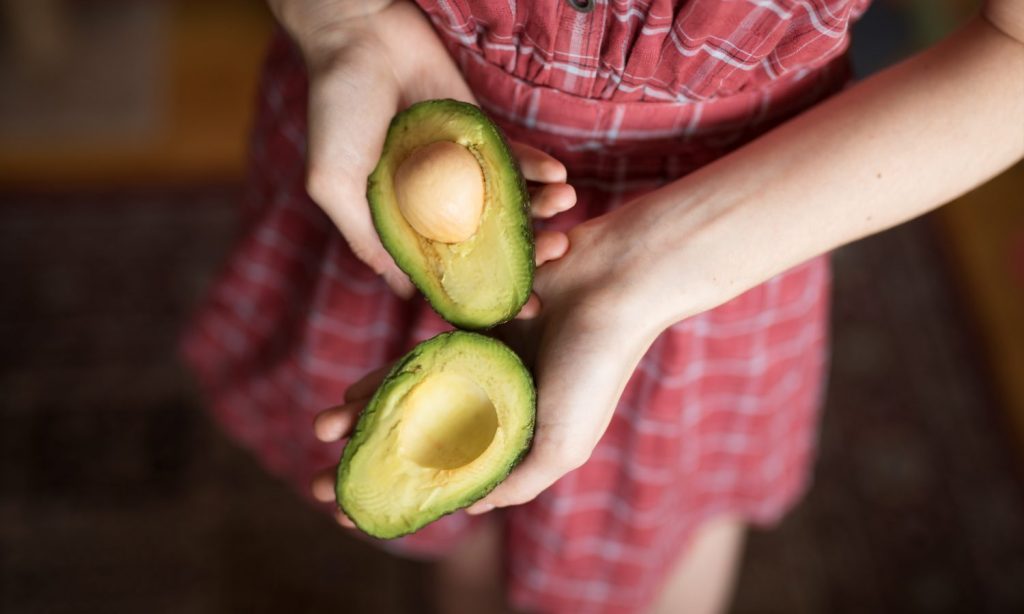
Though thought of as a vegetable and often categorized as a fat, avocado is actually a large berry with a single seed. That means that avocado is a fruit, according to botanists. And, an amazing and versatile fruit it is. Of course, there’s the ubiquitous avocado toast found in hipster neighborhoods beyond Brooklyn. Guacamole was, of course, the first introduction to avocado to Americans.
Though many add banana to smoothies, mostly to add sweetness, avocado is my #1 smoothie go-to because it’s an emulsifier. That means that it helps to blend the other ingredients together, creating a smooth smoothie. And, unlike banana, the avocado does not overtake the flavor of the smoothie. It’s a great match with cannabis oil because of its fat content and flavor profile.
Hemp Seed
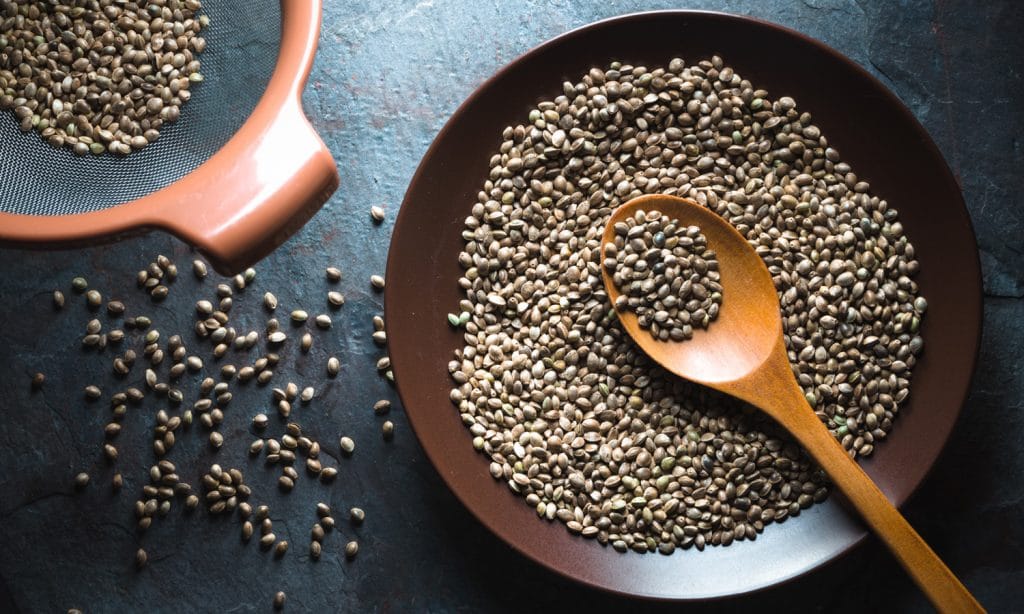
Combining two cannabis plant ingredients together is a no brainer. Hemp as a food is from the seed portion of the cannabis plant and contains little to no THC. Hemp foods include protein powder, milk, hearts, flour, butter (which can also be used for skin), and pressed juice. Hemp oil as food from the seed of the plant is completely different from hemp-derived CBD oil processed from the aerial parts of the plant.
Hemp seeds, which are marketed as hemp hearts, are an excellent source or protein, a vegan food, a wonderful source of fat (always good to pair with cannabis), and a great source of vitamin E and minerals, such as phosphorus, potassium, sodium, magnesium, sulfur, calcium, iron and zinc. Sprinkle on basically anything from avocado (see above) to salads to smoothies or have alone.
Cacao
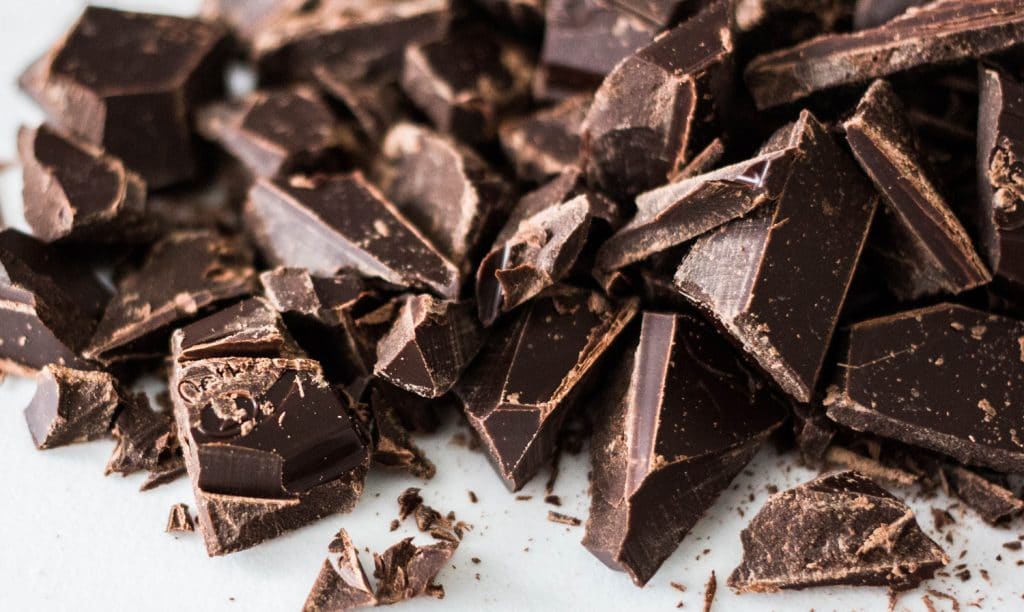
Cacao, also known botanically as Theobroma cacao, is one of the most popular trees on the planet. Cacao is the plant from which cocoa and chocolate is derived. Higher percentages on chocolate bars typically mean less sugar. Raw cacao boasts 300 different compounds including antioxidants, which are vital to wellness. Anandamide, the “bliss” molecule that our bodies produce is one of the compounds found in small quantities in cacao.
RELATED: 4 Foods That Can Increase Your Cannabis High
More significantly, cacao features two others chemicals in higher concentrations that inhibit the breakdown of anandamide, as well as phytocannabinoids in cannabis including THC and CBD, potentially intensifying their effects. On top of this is the is theobromine, which also amplifies the effects of anandamide. Talk about a match made in heaven!
Black Pepper
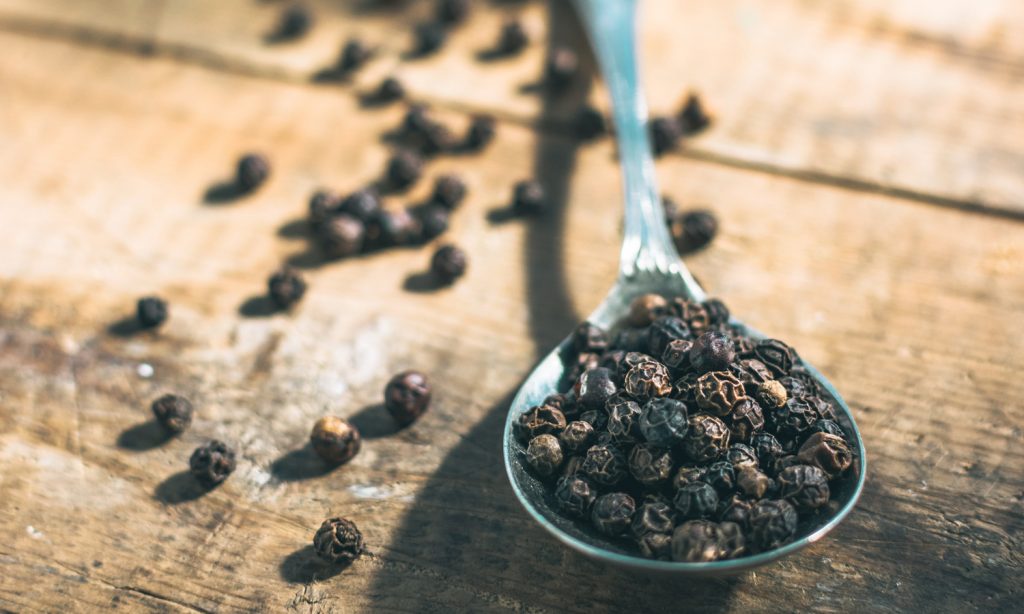
Black pepper features a terpenoid called beta-caryophyllene, which is also a component of some cultivars (strains) of cannabis. Known as a dietary cannabinoid because its binds directly to CB2 receptors found in the peripheral endocannabinoid system, as opposed to THC which binds to CB1 receptors in the brain, beta-caryophyllene does not contribute to euphoria. In fact, this terpene does the opposite, modulating the effect of the cannabis “high.”
RELATED: How Black Pepper Sedates Marijuana Paranoia, According To Neil Young And Science
Black pepper is one of the solutions offered for mitigating overconsumption of THC. Chewing a few peppercorns or simply sniffing on ground black pepper can provide relief from THC-induced anxiety and paranoia. This is a good thing. To top it off (get it!), both black pepper and cannabis have anti-inflammatory properties. Clearly, the second most popular condiment after salt, pepper is a natural accompaniment for cannabis.
Mango
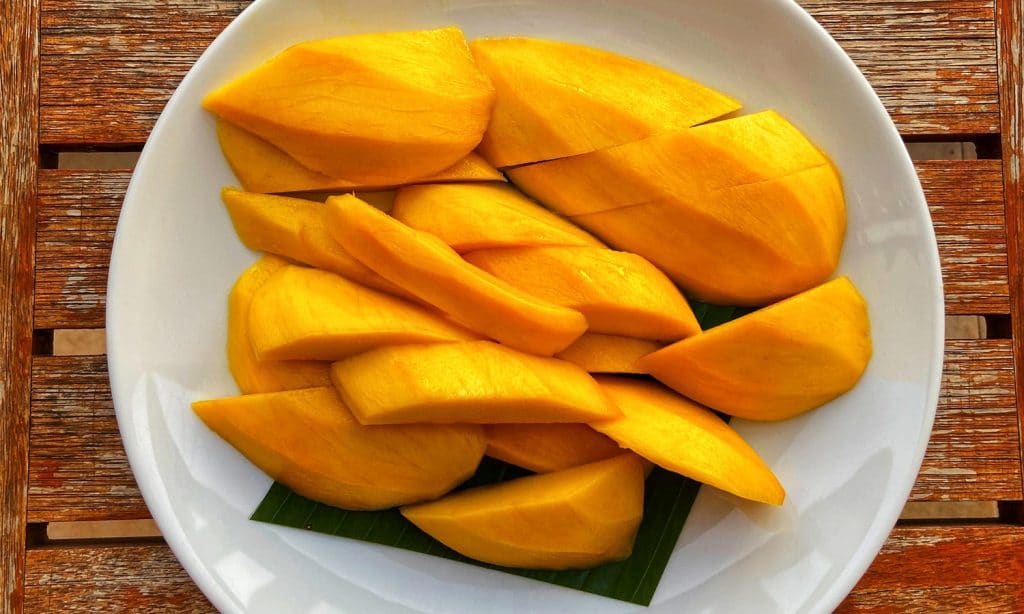
On the opposite end of the spectrum from black pepper is mango. Both feature terpenes that react with THC in cannabis. While the terpene called beta-caryophyllene in black pepper mitigates its impact, the terpene myrcene in mango elevates the effect of THC. It does this by changing the blood-brain barrier to allow cannabinoids to enter the brain more quickly and effciently. The ultimate impact is to prolong and increase the intoxicating effects of THC.
This can be clinically advantageous for patients who require more immediate pain relief or mood modulation, for example. Cannabis and mango only do this together. As with all food, the impact of mango on the cannabis “high” depends on the individual’s metabolism. That’s called bioindividuality. So, it’s a good idea to know your sweet spot. Be mindful about the optimal amounts of mango and THC for your personalized portion.




